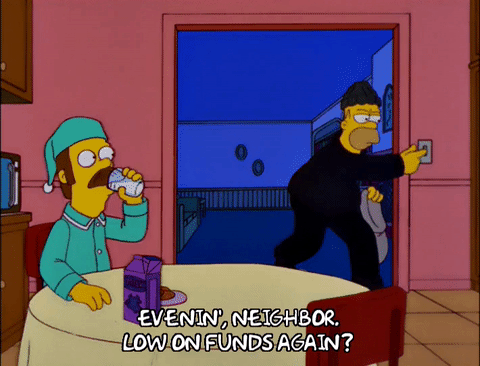What’s the driving rationale behind state government intervention in an occupation to such an extreme as forbidding someone from work until he satisfies the state licensing board’s hurdles? Supposedly, it’s ensuring safety and quality of the work.
But it’s still not evident licensing works at all to improve safety and quality, despite years and years of research into the question. The problem is how safety and quality are gauged:
In general, while professional practitioners prefer input or process measures as ways to measure quality, consumers and researchers are more likely to prefer outcome measures.
To explain, the steps required (process) to obtain a license, including education requirements and demonstration of knowledge (input), are thought by licensed professionals to increase competence among the licensees. Consumers, however, are more interested in the quality of service received (outcome).
A not inconsequential factor in licensure’s effect on the overall quality of service received is how consumers react to the higher prices from, and lesser availability of, licensed providers. Some consumers try to do the work on their own, some find friends or acquaintances to do it for them, some choose to forego the work and hope for the best, and some opt for black-market providers, fly-by-night providers, and scammers.
For this reason, researchers have found, for example, greater electrocution rates in states with stricter electrical licensing laws, higher rates of blindness in states with tougher optometry licensing laws, greater rates of poor dental hygiene in states with stricter dental licensing laws, even greater risk of rabies where restrictions on veterinarians were higher (leaving fewer practitioners available to uncover existing cases).
In effect, even if licensure yields safer and more competent licensed providers, the overall safety level of the work received from all providers could be less under licensure.
 A new study from Archbridge Institute finds another example of this counterintuitive result: Stricter licensing of security guards leads to more property crimes. A snippet:
A new study from Archbridge Institute finds another example of this counterintuitive result: Stricter licensing of security guards leads to more property crimes. A snippet:
Another recent analysis of state-level occupational licensing of private security guards casts doubt on the public safety motive for licensing. This analysis found that increases in occupational licensing requirements for private security guards limited the number of entering firms and existing participants in this industry. Subsequently, this reduction in private security guard firms attributed to the stricter entry barriers was also correlated with increases in state-level burglary, larceny, robbery, and overall property crime rates.
It could well be that stricter licensing of security guards yields better quality security guards. At the same time, by the effect of licensing limiting the supply of security guards, the outcome is less actual security.
North Carolina is one of 34 states to license security guards, but at least our licensing requirements are more lenient than those of the average state that requires security guards to receive a state license.
According to the latest Institute for Justice report, for unarmed security guards, North Carolina requires $68 in fees (vs. $86 average) and 16 clock hours’ education (about two days’ worth, vs. 10 days), but no qualifying exam (vs. one exam).


